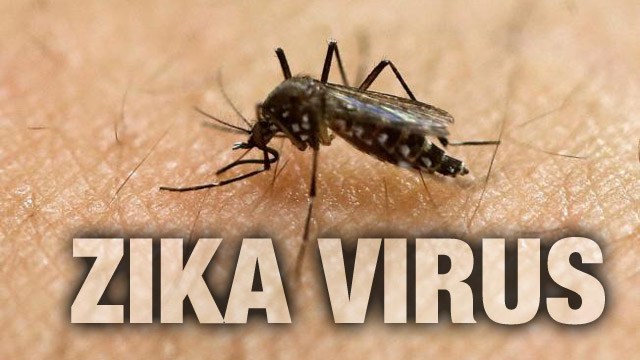The whole world is under the scanner of Zika Virus as Asian Countries are also under warning after its cases found in Singapore. However, there is the latest study on Zika Virus that suggests that eyes may be a reservoir for Zika virus. The Group of scientists, who conducted this study including one Indian have found evidence of the virus in eyes and tears of infected mice.
This discovery had raised the possibility that the infection may spread through tears. Zika virus causes mild disease in most adults but can cause brain damage and death in foetuses.
What the Scientists found after Research?
In the study, about every third of all babies infected in the uterus with Zika show eye disease such as inflammation of the optic nerve, retinal damage or blindness after birth. However, in adults, Zika can cause conjunctivitis redness and itchiness of the eyes and, in rare cases, a condition known as uveitis that can lead to permanent vision loss.
“Our study suggests that the eye could be a reservoir for Zika virus,” said Michael S Diamond, a professor at Washington University School of Medicine. Diamond added saying that “We need to consider whether people with Zika have infectious virus in their eyes and how long it actually persists.”
To determine what effect Zika infection has on the eye, the researchers infected adult mice under the skin and found the live virus in the eyes seven days later. The observations confirm that Zika is able to travel to the eye.
How can Zika spread through Tears ?
Eye infection raises the possibility that people could acquire Zika infection through contact with tears from infected people. The researchers found that the tears of infected mice contained Zika’s RNA – the genetic material from the virus – but not infectious virus when tested 28 days after infection.
Even if human tears do not turn out to be infectious, the researchers’ detection of live virus in the eye and viral RNA in tears still has practical benefits. Human tears potentially could be tested for viral RNA or antibodies, a less painful way to diagnose recent Zika infection than drawing blood.











